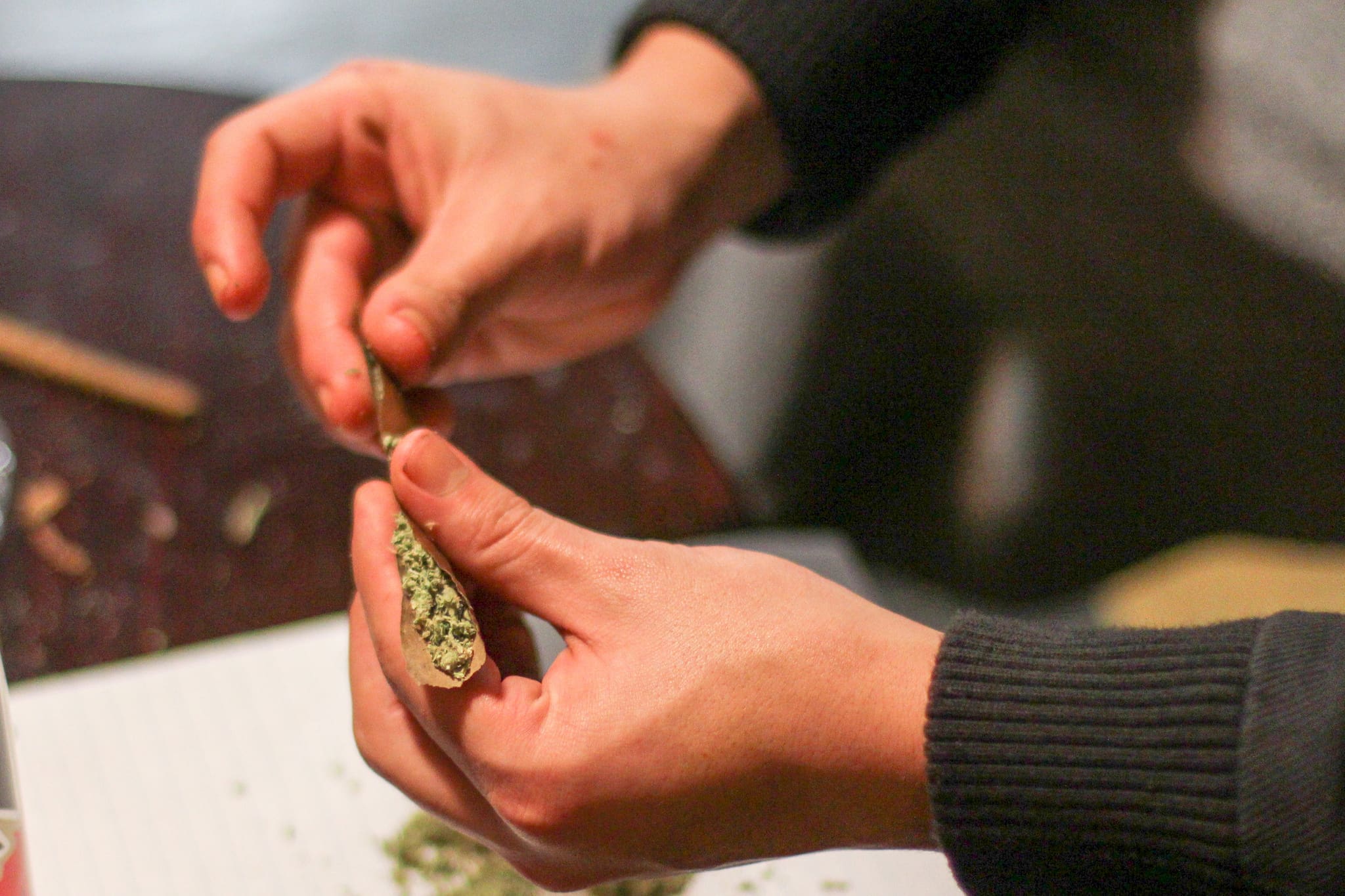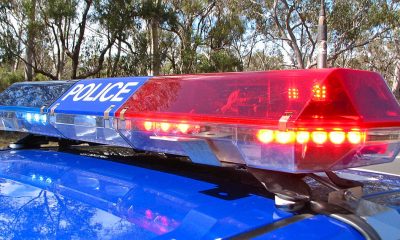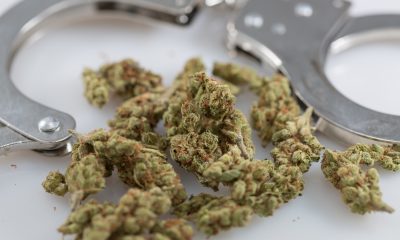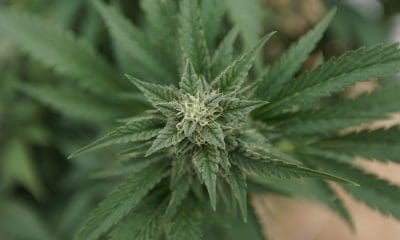Politics
New Jersey Lawmakers File Bills To Restrict Marijuana Use By Police And Other Workers

New Jersey lawmakers have introduced a series of bills meant to empower employers to punish workers—including law enforcement and other first responders specifically— from using marijuana off duty in compliance with state law.
The filing of the legislation comes amid a controversy over a document released by the state attorney general’s office last month that explained how New Jersey’s adult-use cannabis law currently allows police to use marijuana when they are not on the job.
Now there are three new bills that generally seek to impose restrictions on such activity for select employees.
One measure, from Rep. Louis Greenwald (D), is seeking to amendment state statute to permit law enforcement agencies to penalize police for cannabis use, conduct random drug tests for marijuana and refuse to hire applicants due to lawful cannabis use.
As it stands, according to the state’s top prosecutor, law enforcement agencies are barred from taking adverse action against officers who use marijuana as long as such use is compliant with the recreational legalization law that was implemented last month.
New Jersey’s pro-legalization governor and key lawmakers have indicated in recent weeks that they’d be inclined to support legislation to give law enforcement agencies the authority to set their own marijuana policies for police.
But while Greenwald’s bill is targeted specifically toward police, there are at least two other new measures in play that would similarly impose employment-based restrictions on lawful cannabis consumption.
—
Marijuana Moment is already tracking more than 1,000 cannabis, psychedelics and drug policy bills in state legislatures and Congress this year. Patreon supporters pledging at least $25/month get access to our interactive maps, charts and hearing calendar so they don’t miss any developments.
![]()
Learn more about our marijuana bill tracker and become a supporter on Patreon to get access.
—
Unlike the police-specific bill from Greenwald, the full text of the other two pieces of legislation are not yet available, but their titles clarify the intent.
The description of one of those proposals reads: “Permits employer to prohibit use of cannabis by certain employees.” It’s unclear what kind of workers would be subject to the broad prohibition.
The other says: “Prohibits paid first responders from engaging in recreational use of cannabis items.” The language seems to go further than simply authorizing employers to punish workers who use marijuana by flatly banning such activity under state law.
Meanwhile, media reporting on the police exception for marijuana use has stirred the pot, with local officials across the state pushing back against the notion that their cops should be able to get high on their own time.
Jersey City’s mayor, for example, touted a local directive from a city agency banning such use.
The mayor of Bayonne followed suit with its own statement opposing off-duty marijuana use by police.
And the mayors of Kearny and Weehawken also announced they will be moving to institute bans.
The Newark City Council passed a resolution last month urging the mayor to issue an order prohibiting police from using marijuana while off duty, contrary to state law.
Acting Attorney General Matthew Platkin (D) said in a previous statement to Marijuana Moment that “public safety is my top priority, and I share concerns about how legal cannabis impacts the role of police in our State” but suggested that cities moving to ban officers from exercising their legal right to consume marijuana could face legal action.
“New Jersey’s law legalizing and regulating cannabis is clear and we are obligated to comply. I welcome conversations on how best to protect public safety,” he said. “Any efforts by local governments to subject officers to additional requirements in the interim, however, may present employment law issues that we anticipate will be handled between those governments and officers in the appropriate course.”
In the meantime, the New Jersey State Association of Chiefs of Police is asking lawmakers to pass a ban on police and other people in safety-sensitive jobs from using marijuana, even while off duty. And the New Jersey State Policemen’s Benevolent Association is also urging members to refrain from using cannabis.
Concerns about off-duty marijuana use by police notwithstanding, New Jersey legislative leaders recently attended an event with Gov. Phil Murphy (D) celebrating the launch of the state’s adult-use market.
Senate President Nicholas Scutari (D) said he was “thrilled” to participate in the “momentous and historic” launch. He previously said that delays in the rollout of legalization were unacceptable, and he announced he’d be forming a special legislative committee to explore the issue through oversight hearings.
State data shows that New Jersey adult-use marijuana sales reached about $2 million on its the first day that shops opened last month.
Regulators were initially expected to approve a first round of adult-use retail licenses for certain existing dispensaries in March, but they temporarily decided against it. The commission separately gave conditional approval to 68 marijuana cultivators and manufacturers.
There’s been a mix of feelings about the timeline for legalization implementation among stakeholders. As regulators have worked to approve the first round of licenses, some advocates have pushed for expediency while others said that they felt it was important not to rush the process to ensure that the industry that emerges is equitable and not dominated by large corporations.
The governor previously stressed that “equity is a huge part of our proposition here, and I know that may take longer than folks otherwise would like.” He’s also talked about being open-minded to permitting adults to grow their own marijuana for personal use down the line, but that it would take action by the legislature. Murphy similarly talked about being open to home grow late last year.
Separately, U.S. Rep. Donald Payne (D-NJ) recently criticized New Jersey regulators about diversity issues in the marijuana market, saying he’s “outraged” over the lack of minority representation in the industry.
With respect to equity for the market, Murphy also recently touted the fact that the courts have expunged more than 362,000 marijuana cases since July 1, when a decriminalization law took effect that mandated the relief for people who have been caught up in prohibition enforcement.
Washington Governor And Top Officials Urge Congress To Pass Marijuana Banking Reform
Photo courtesy of Martin Alonso.
















